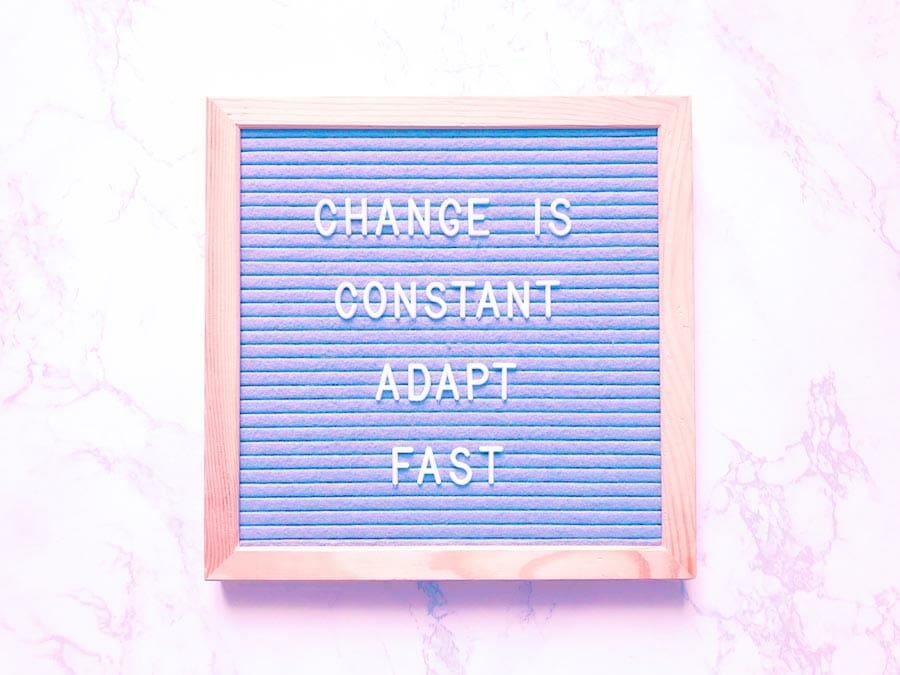The world today is changing all the time. In addition to what is called the “black swan” events, the unpredictable things and situations that completely change the world, like the COVID-19 pandemic, there are many quickly changing things. We can see constant advancement in technology, best practices, expectations, and more. Businesses need to adapt and find the way to help their products keep with the time and offer services that can be better.
Not all companies need to feel cutting-edge to succeed. Many work by offering a more traditional experience. However, there are always better tools to use, both in terms of customer support, managing different situations, and offering a better experience to the end customer.
Adaptability shows in each detail and every aspect of how the organization is managed. For a simple example, consider how it appears to the customer (especially in the business-to-business sphere) if a company still relies on fax for its communications. There are small details that can make a big impact and that add to the perception of the company as modern or behind the times. A simple example is: do you use classic price tags or digital price tags? It is not just a matter of perception, but also ease of use and comfort of everyone working.
Adaptability doesn’t just mean jumping on the new bandwagon. For instance, many companies invested time and money in producing NFTs, and while the trend continues, its impact has already faded somewhat, and it remains open to see if those investments will pay off. Fads can come and go, but adaptability also means adopting the best strategies, responding to the needs of the customers, and going beyond what is expected.
A simple example can be shifting from unpopular merchandise to better quality options, for instance, producing a custom metal lunch box instead of a plastic one to sell if the customers are unsatisfied with the existing products or complain about the quality. Adaptability is a process that shows in small details: changing what is not working, not getting too committed to anything beyond values, perhaps, but being willing to experiment, scrapping things that are not doing well, instead going for better options.
Adaptability means changing with the times but not changing with every new wind that seems to be blowing in one or another direction. It is always a matter of balance.
For improved adaptability, businesses can rely on other businesses and follow the trends through the products and services offered on a B2B basis. This is especially useful because B2B can often feature more advanced ideas and is more likely to adapt to the current trends faster than the market for the final consumer.
Adaptability is a key feature of any successful business. It’s possible to look at companies like Kodak, who lost all their tremendous achievement and stopped being market leaders due to an unwillingness to adapt, and understand why being flexible is something all owners must consider and implement.
Get your story featured on Betterauds.com! We accept paid submissions for Guest Posts and Stories, You can submit your article here.

